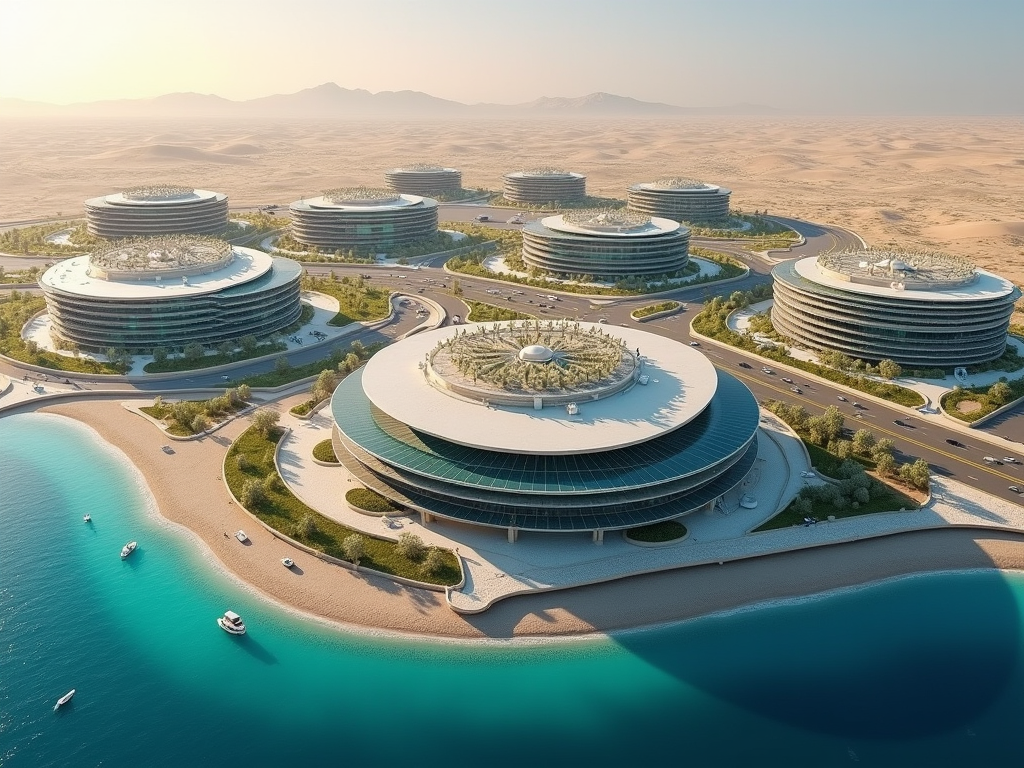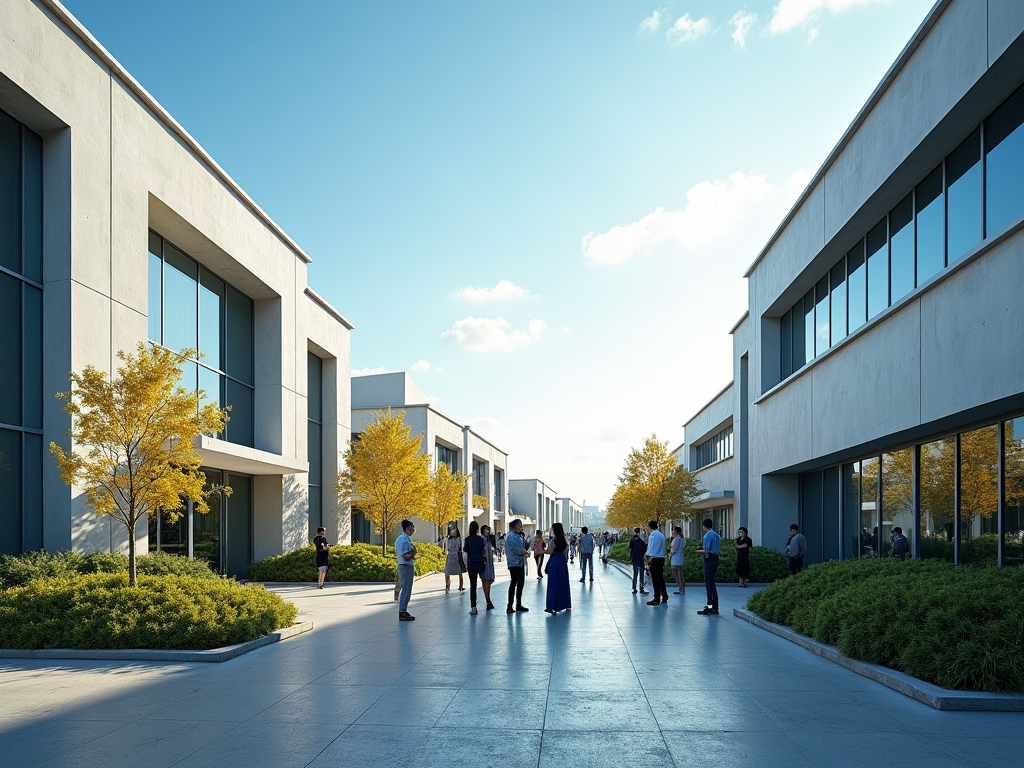Choosing the right free zone for your business in the UAE is a critical decision that can significantly impact your company’s growth and success. RAKEZ (Ras Al Khaimah Economic Zone) is one of the UAE’s leading free zones, known for its competitive advantages and strategic location. However, other free zones also offer unique benefits tailored to various business requirements. This article delves into a comprehensive comparison of RAKEZ with other popular free zones in the UAE, helping you identify which one aligns with your specific business needs.
What is RAKEZ?

RAKEZ was established to promote a vibrant business environment and attract investors from diverse industries. Located in Ras Al Khaimah, it boasts a modern infrastructure combined with cost-effective operational solutions. RAKEZ offers different company types, such as free zone establishments (FZEs), branches, and limited liability companies (LLCs), catering to both startups and established businesses. One of the primary advantages of RAKEZ is the 100% foreign ownership it provides, along with zero corporate tax for a renewable 50-year period, making it a suitable option for foreign investors.
Moreover, RAKEZ provides various facilities, including warehouses, offices, and flexi-desks, allowing businesses to choose the space that best fits their operational needs. With its strategic location, businesses in RAKEZ can benefit from proximity to local and international markets. As a rapidly growing free zone, RAKEZ offers an ideal setup for a wide array of industries, such as logistics, manufacturing, and technology.
Comparative Analysis: RAKEZ vs. Dubai Free Zone

Dubai is famous for its various free zones, including JAFZA (Jebel Ali Free Zone) and DAFZA (Dubai Airport Free Zone). When comparing RAKEZ to these hubs, businesses need to consider a few crucial factors:
- Cost of Setup: RAKEZ generally has lower setup and operational costs compared to Dubai’s free zones. This can be particularly advantageous for startups and SMEs looking to minimize their initial investments.
- Market Accessibility: While RAKEZ offers excellent access to the MENA region, Dubai’s free zones benefit from a more established international trade environment and connectivity, ideal for businesses targeting global markets.
- Business Activities: Dubai’s free zones cater to certain industries and may have more extensive licensing opportunities compared to RAKEZ, which could restrict certain business activities based on the zone.
- Infrastructure: Dubai boasts highly developed infrastructure and amenities, which may be a deciding factor for businesses in tech and logistics sectors, while RAKEZ offers a more relaxed setting.
- Networking Opportunities: Dubai’s free zones facilitate more networking opportunities due to a higher volume of multinational corporations and thriving business events.
Ultimately, the choice between RAKEZ and Dubai’s free zones largely depends on your specific business objectives and operational requirements.
Other Notable Free Zones in the UAE
While RAKEZ and Dubai’s free zones are prominent, there are several other free zones that cater to different needs:
- Ajman Free Zone: Known for its simplified processes and affordable setup costs, ideal for small and medium-sized enterprises.
- Sharjah Airport International Free Zone (SAIF Zone): Offers exceptional logistics facilities and is strategically located near the Sharjah International Airport.
- Fujairah Free Zone: Attracts businesses in shipping, logistics, and trading, thanks to its port and access to international waters.
- Abu Dhabi Global Market (ADGM): Focused on financial services and tech companies, ADGM boasts a robust regulatory framework.
- Umm Al-Quwain Free Trade Zone: This free zone is attractive for startups due to its cost-effectiveness and flexibility in business setup.
Each of these zones offers unique advantages and specialties, making it vital for investors to weigh the options based on their business needs.
Factors to Consider When Choosing a Free Zone
When deciding which free zone is most suitable for your business, consider the following factors:
- Type of Business: Identify whether your business falls under one of the permitted activities for the free zone you are contemplating.
- Setup Costs: Evaluate registration fees, real estate prices, and ongoing operational costs in each free zone.
- Tax Benefits: Investigate the tax structure and incentives that each free zone offers, as this can significantly impact your net profits.
- Regulatory Framework: Ensure the regulations and compliance requirements are feasible for your business operations.
- Logistics and Accessibility: Look into the logistics of transport and trade routes that can facilitate your business’s operational efficiencies.
Reassessing these factors can help you select the best free zone that aligns with your business vision and market strategy.
Conclusion
Choosing the right free zone can make a significant difference in the success and sustainability of your business in the UAE. RAKEZ stands out for its affordability, business-friendly policies, and diverse industry focus. However, Dubai’s free zones, along with others like Ajman and Sharjah, offer specialized advantages that could align more closely with specific operational needs and targets. Thoroughly evaluating your business needs against the unique benefits of each free zone will ultimately guide you towards the best decision for your company’s growth and longevity in the UAE market. Always consider future objectives as your business evolves, as shifting dynamics may lead to a reevaluation of your initial choice.
Frequently Asked Questions
1. What does 100% foreign ownership in RAKEZ mean?
This means that foreign investors can own their business without needing a local partner, a significant advantage for many international investors.
2. Can I change the type of business I have registered in RAKEZ?
Yes, RAKEZ allows for flexibility in changing your business activities, provided they fall within the approved categories.
3. Is there any corporate tax in RAKEZ?
No, RAKEZ has zero corporate tax for a renewable period of 50 years, making it very attractive for international businesses.
4. What are the typical setup costs in RAKEZ compared to Dubai?
RAKEZ generally has lower setup costs than Dubai’s free zones, making it more suited for startups and small businesses wishing to minimize expenses.
5. How can I determine which free zone is best for my business type?
Consultation with a specialized business advisory can provide tailored insights based on your industry, market objectives, and operational needs, guiding you toward the ideal free zone for your business.
